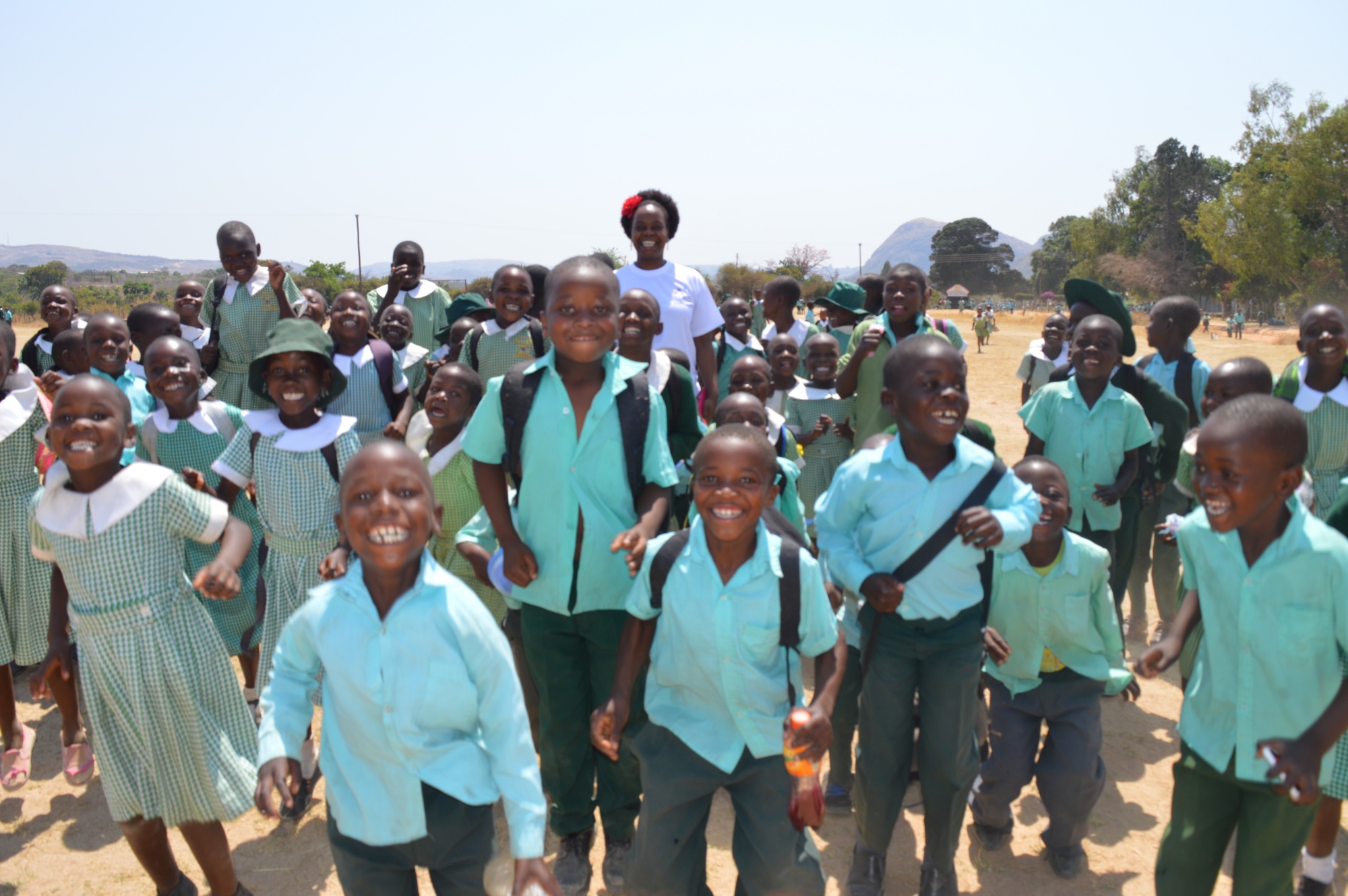Lifting the Value of Exploration in School
Three of our students, Kamilla Engebretsen, Johan Reeh and Omar Ali Ahmed have been selected amongst the 20 national finalists finals for Young Researchers. Each in their way they have used this occasion to explore a chosen issue in depth, approaching it with imagination and rigour. The competition is an excellent occasion to lift the value of work like this, where the students often go into an area of deep personal interest while also acquiring skills of how to do this within an academic discipline. As an IB school our students are faced with many tasks that encourage in depth investigations. Both the extended essay and the guided coursework provide opportunities to learn skills associated with research by going into topics of personal interest. At UWC Red cross Nordic we emphasize both the process and the end result for these tasks. The UWC education model is based on the idea that together we form a deliberately diverse, engaged and motivated learning community who see education as a tool to unite people. This happens at the most basic level in daily life situations when our students share and learn about their personal and cultural differences. With small classes and close follow up with each student, we also strive towards enabling them to make their explorations in the subjects serve this function. Our three finalists have found ways to do this in an exemplary way.
The event can be followed online on April 23rd – via this link
These are the topics:
- Kamilla Engebretsen – A Study of Western Hegemony in Gender Politics.
- Johan Reeh – Angels and a Critical Dialog on Human Nature.
- Omar Ali Ahmed – To what extent can a “medical-to-medical” transfer learning strategy improve the performance of a convolutional neural network for binary classification of COVID-19 CT scans?
Good luck in the final round!

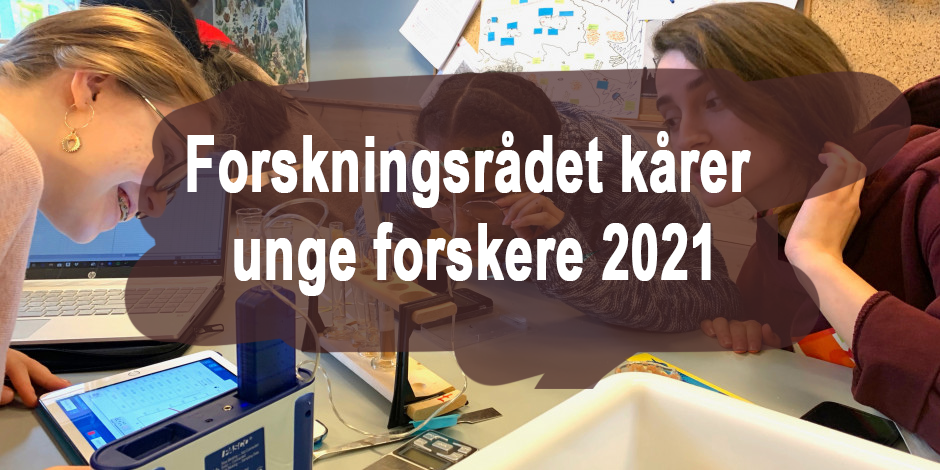
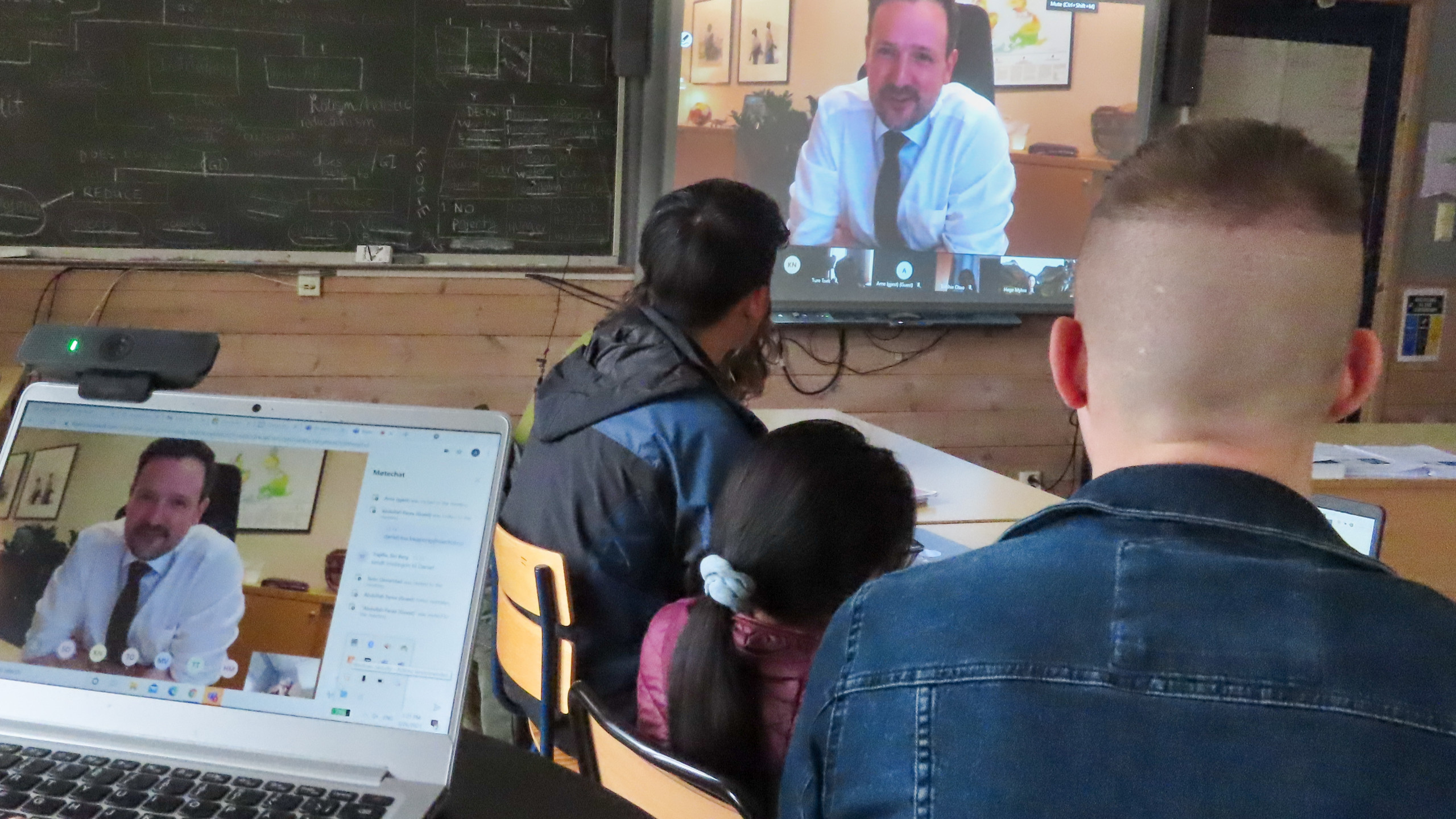

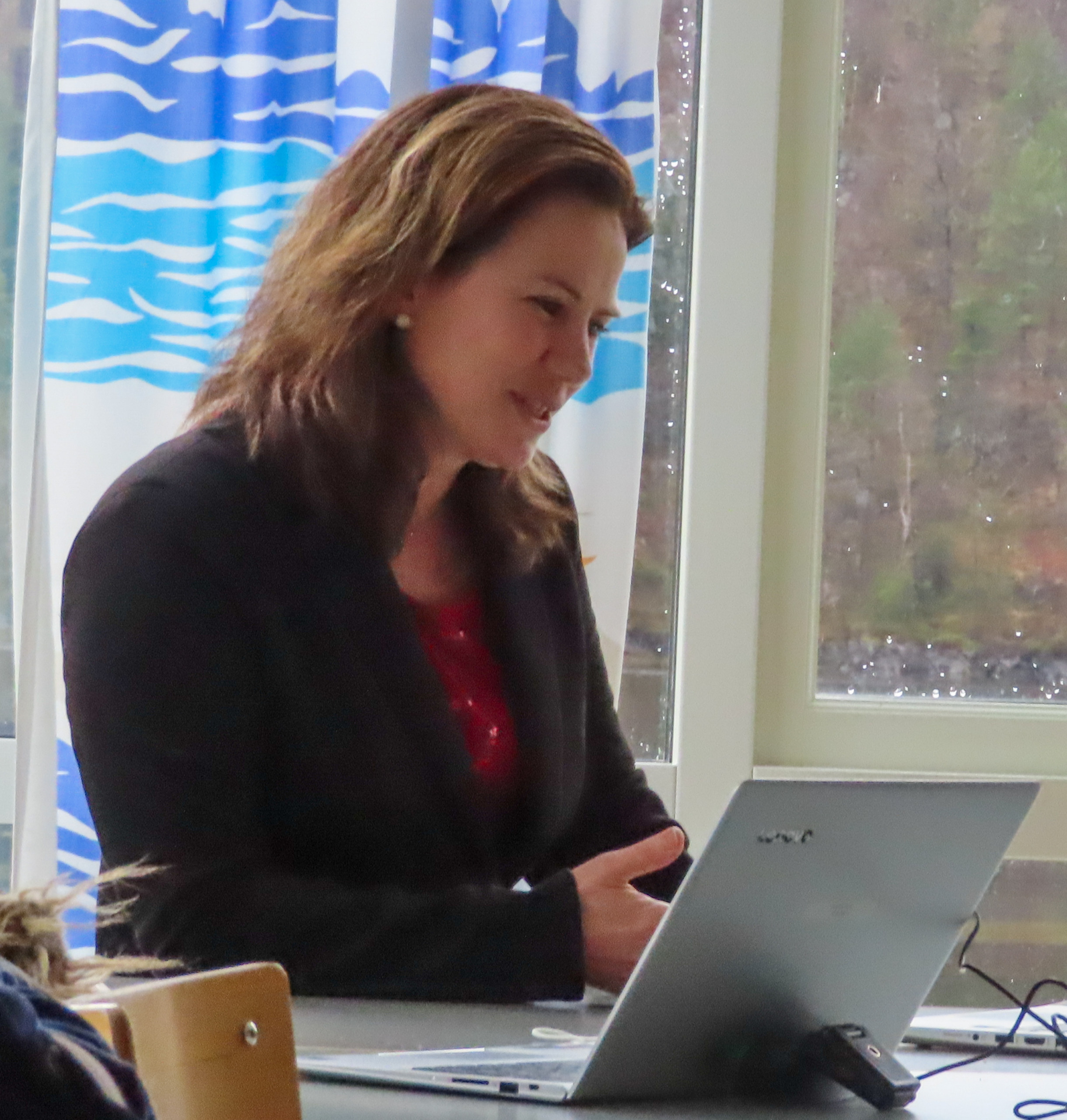
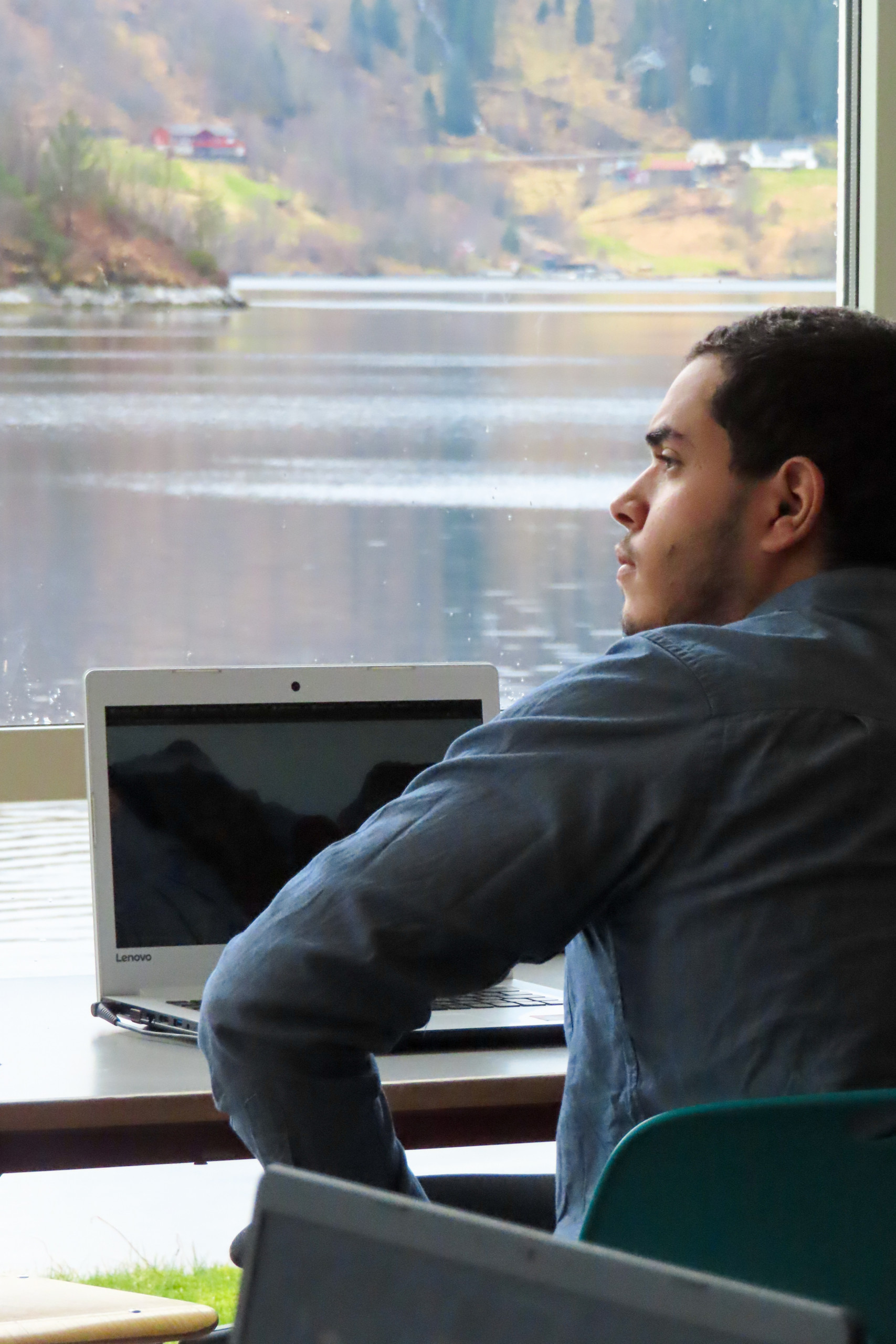
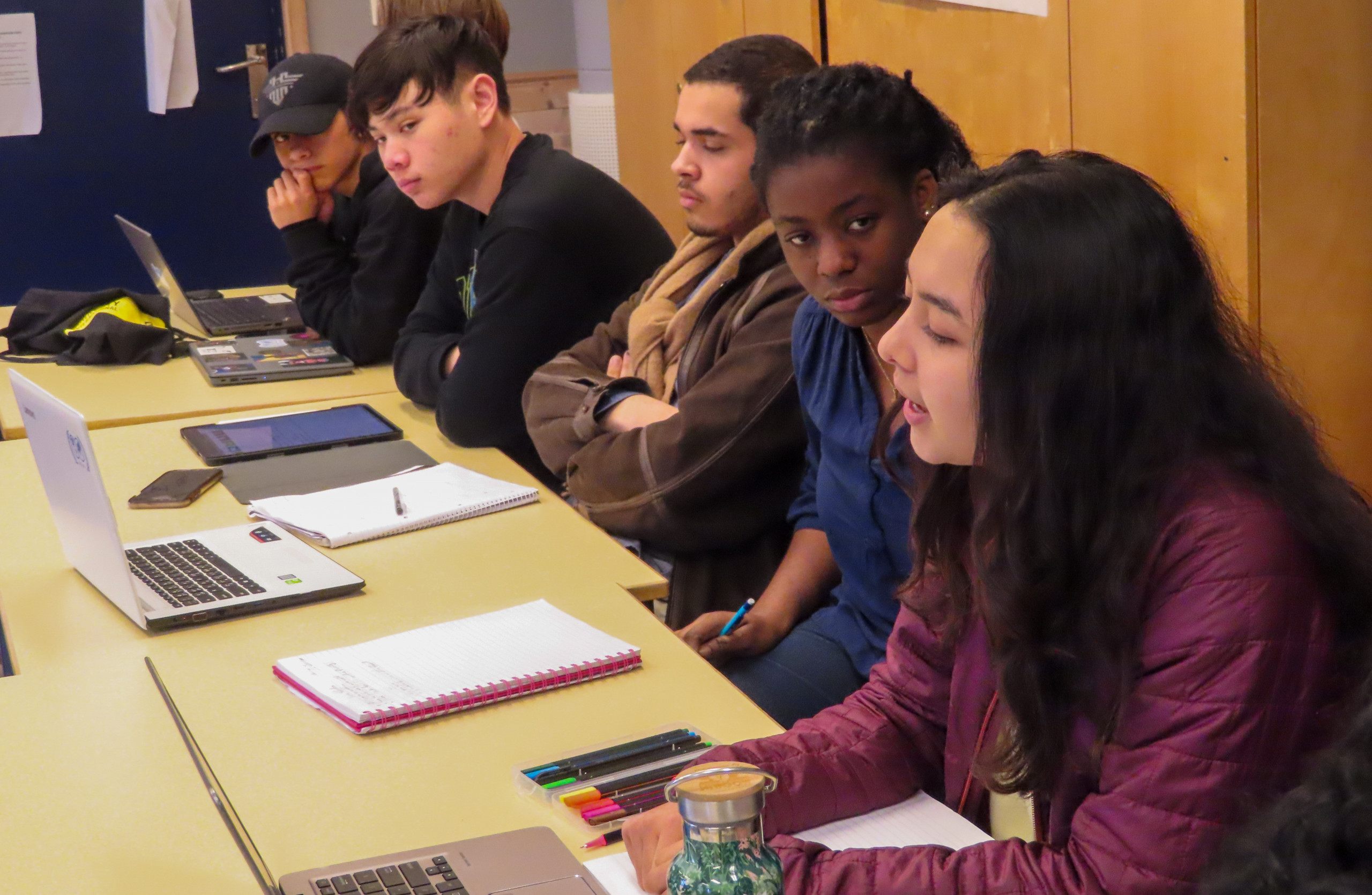
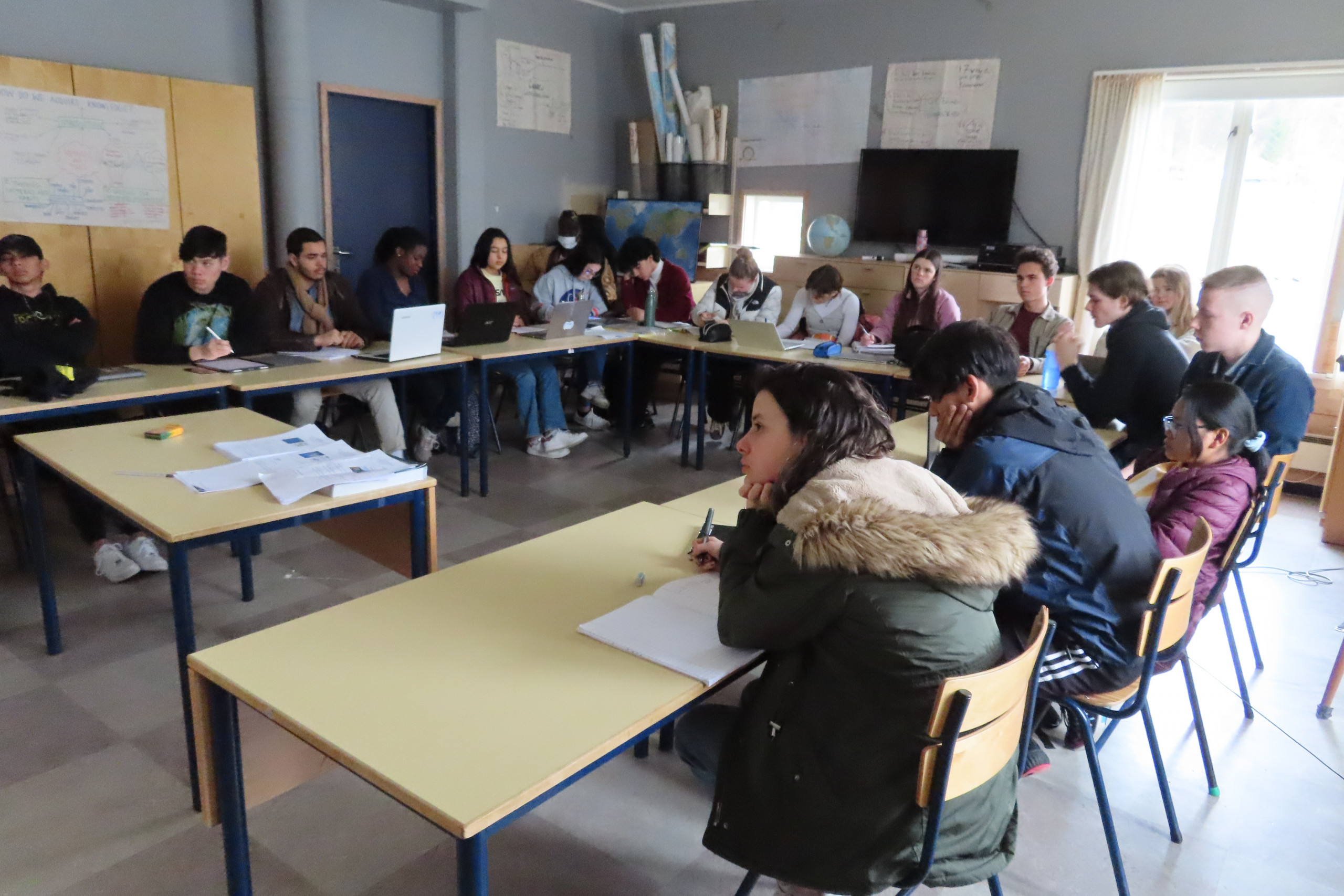
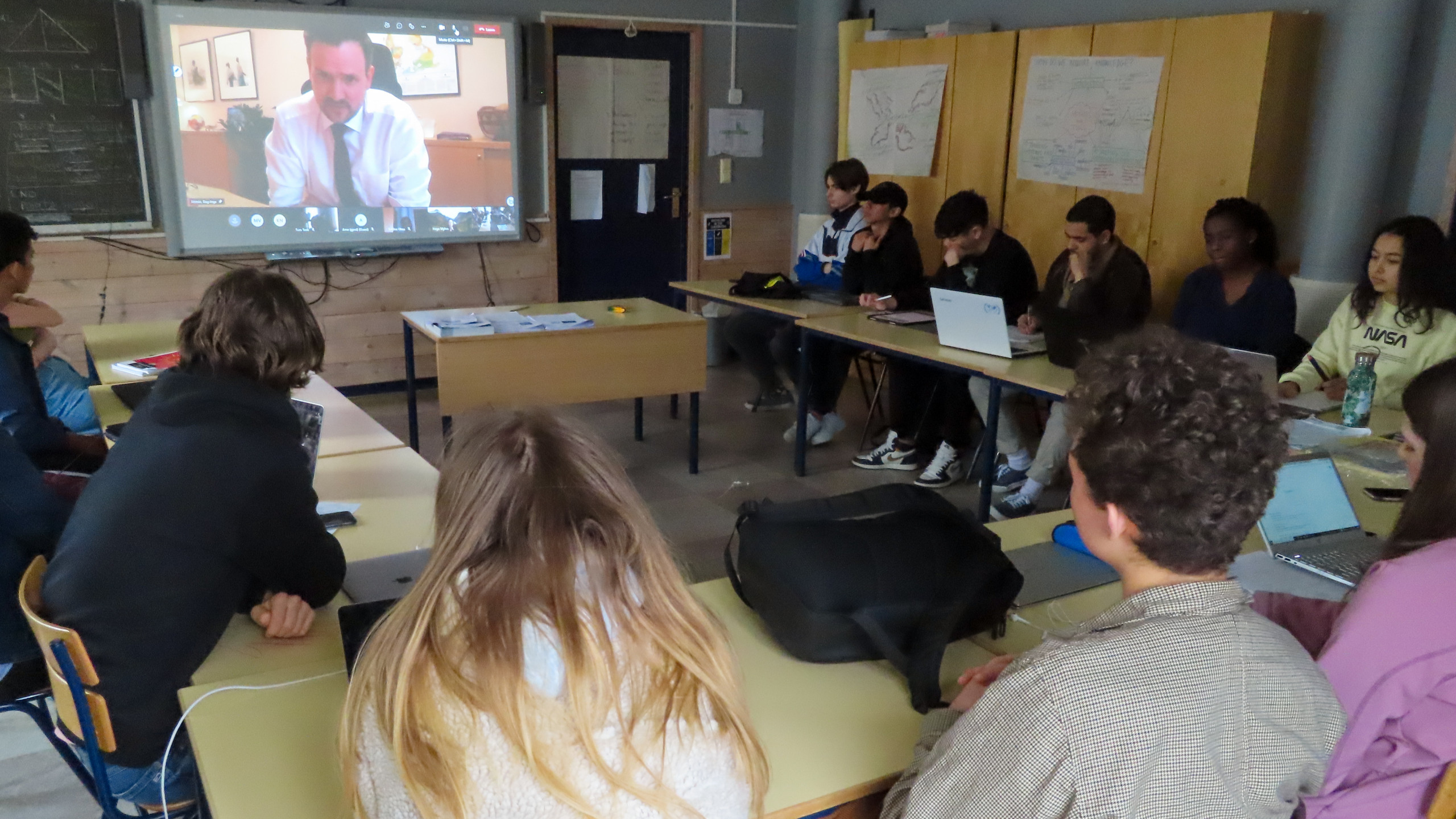

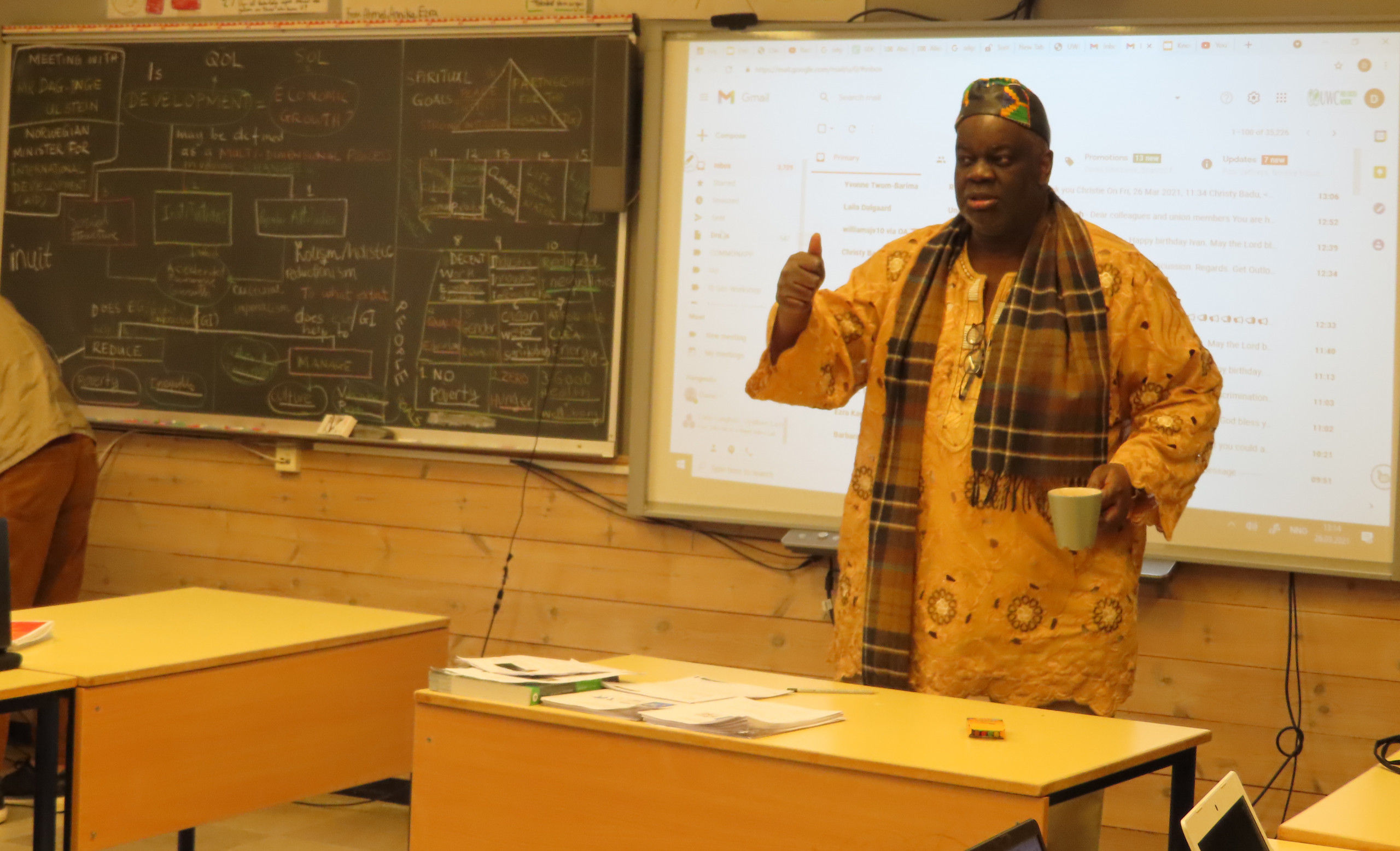
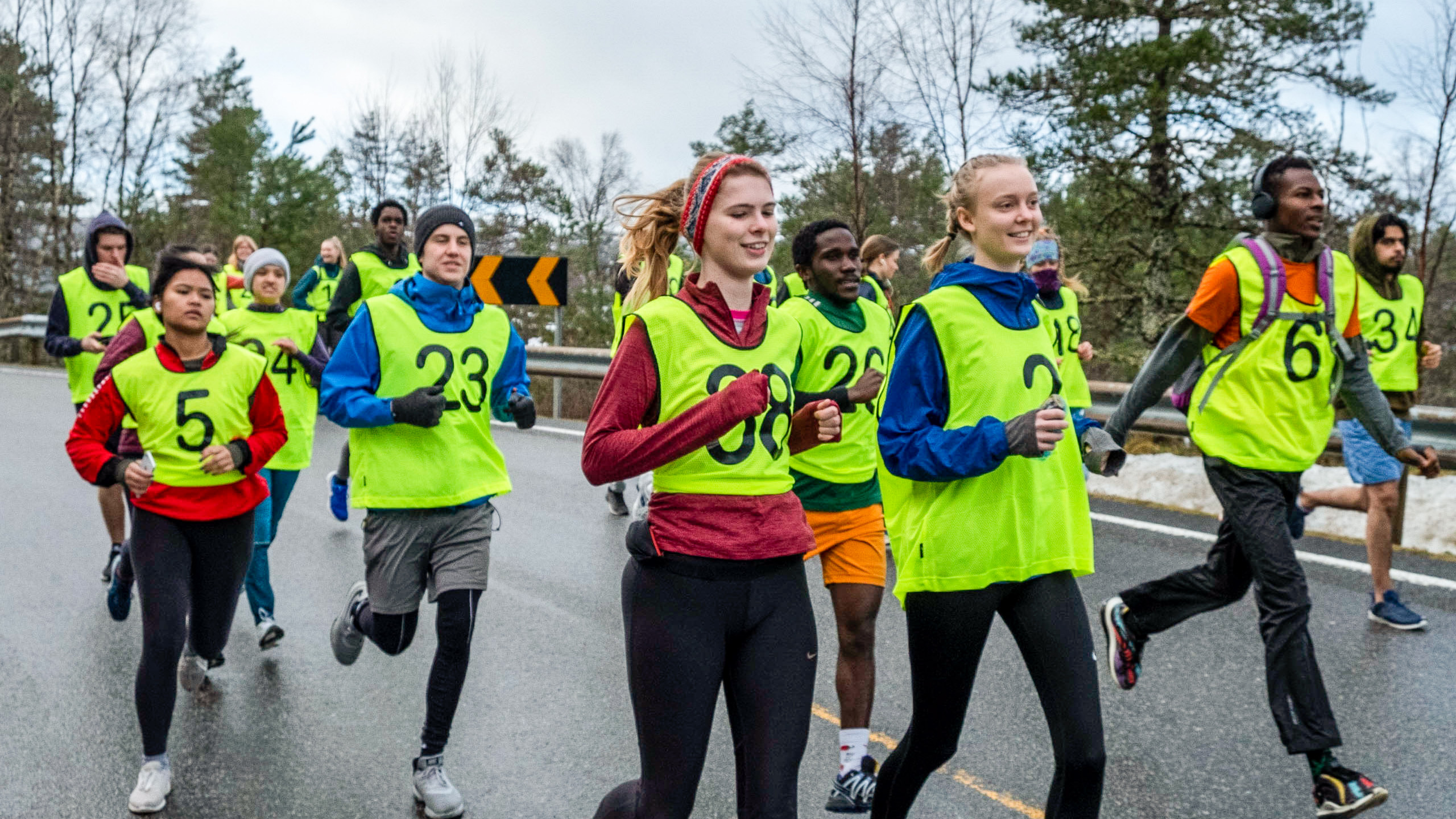
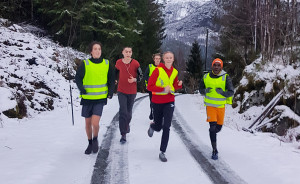
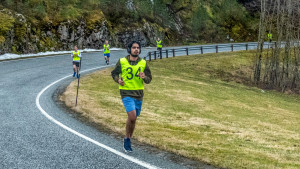
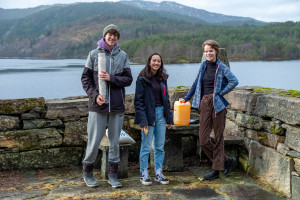
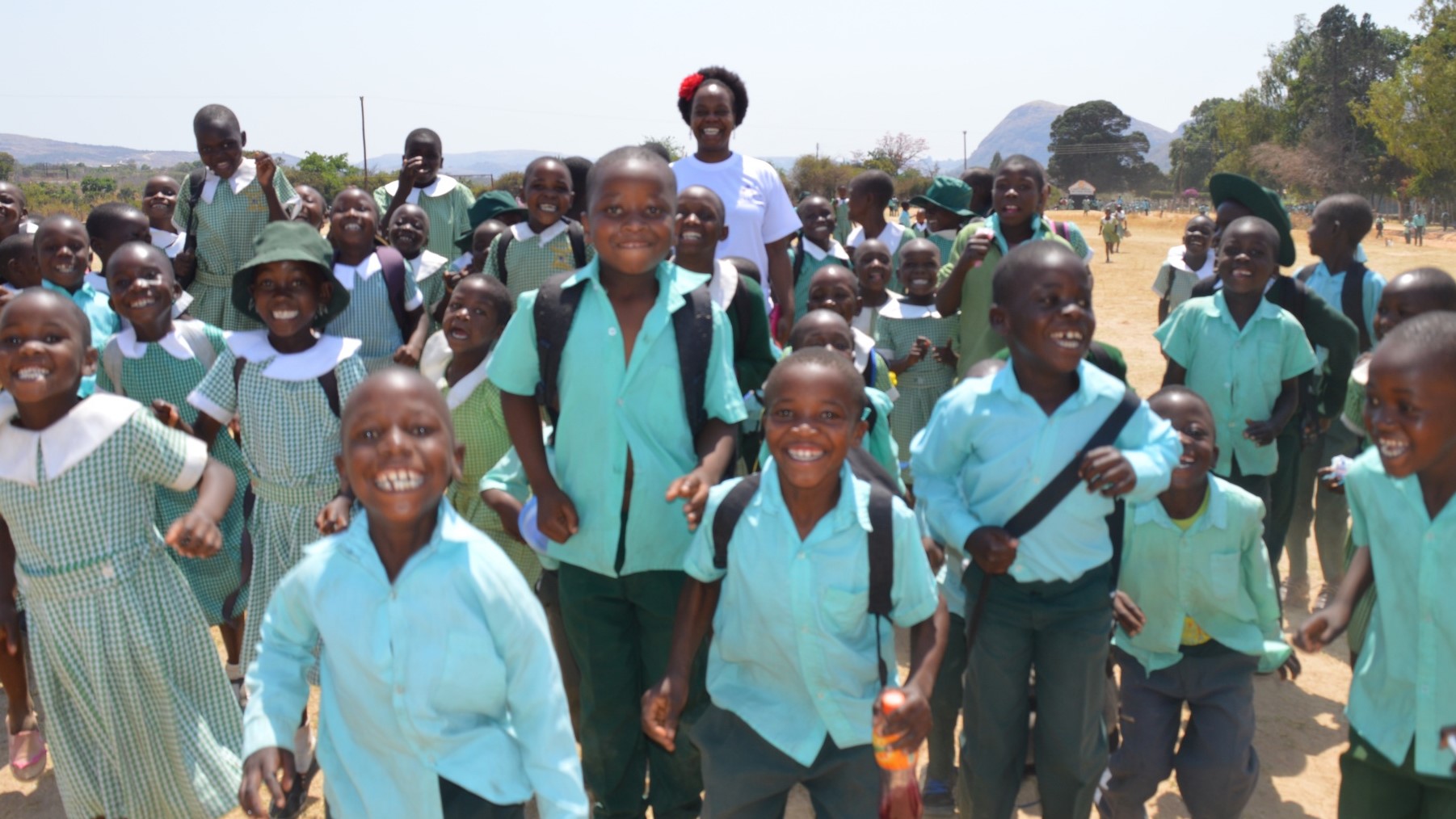
.jpg)
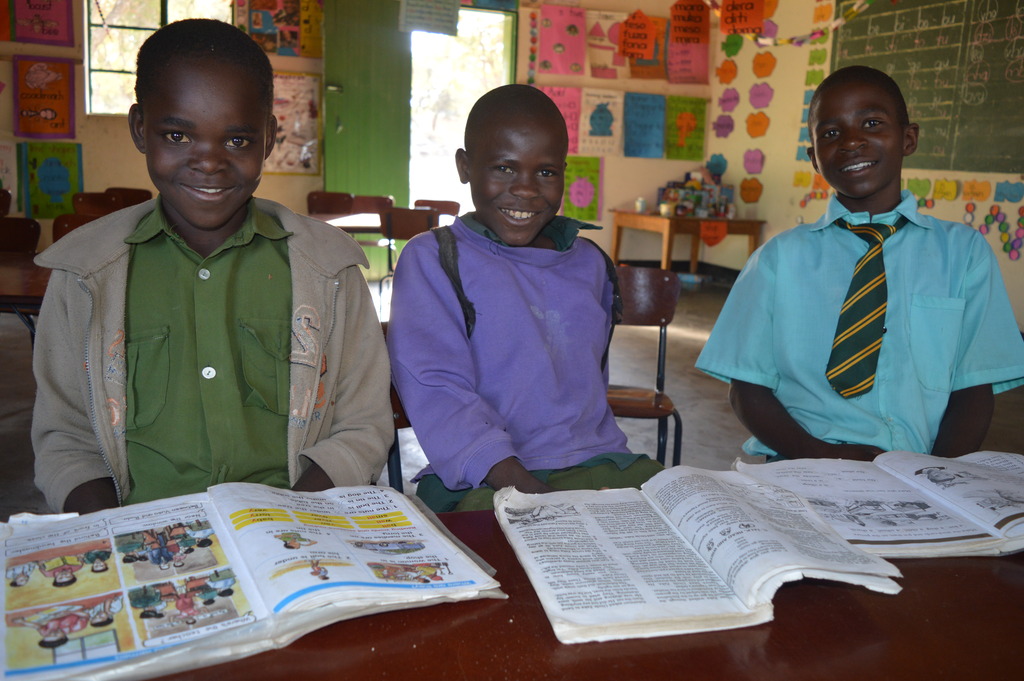 challenge required to deliver this change. I believed if I could just change one child’s life, my life would be complete. I looked back on my experiences at UWC – moving thousands of miles from home to study, having the opportunity to speak at the United Nations – as proof that this change was possible. I knew ideals could become reality.
challenge required to deliver this change. I believed if I could just change one child’s life, my life would be complete. I looked back on my experiences at UWC – moving thousands of miles from home to study, having the opportunity to speak at the United Nations – as proof that this change was possible. I knew ideals could become reality.